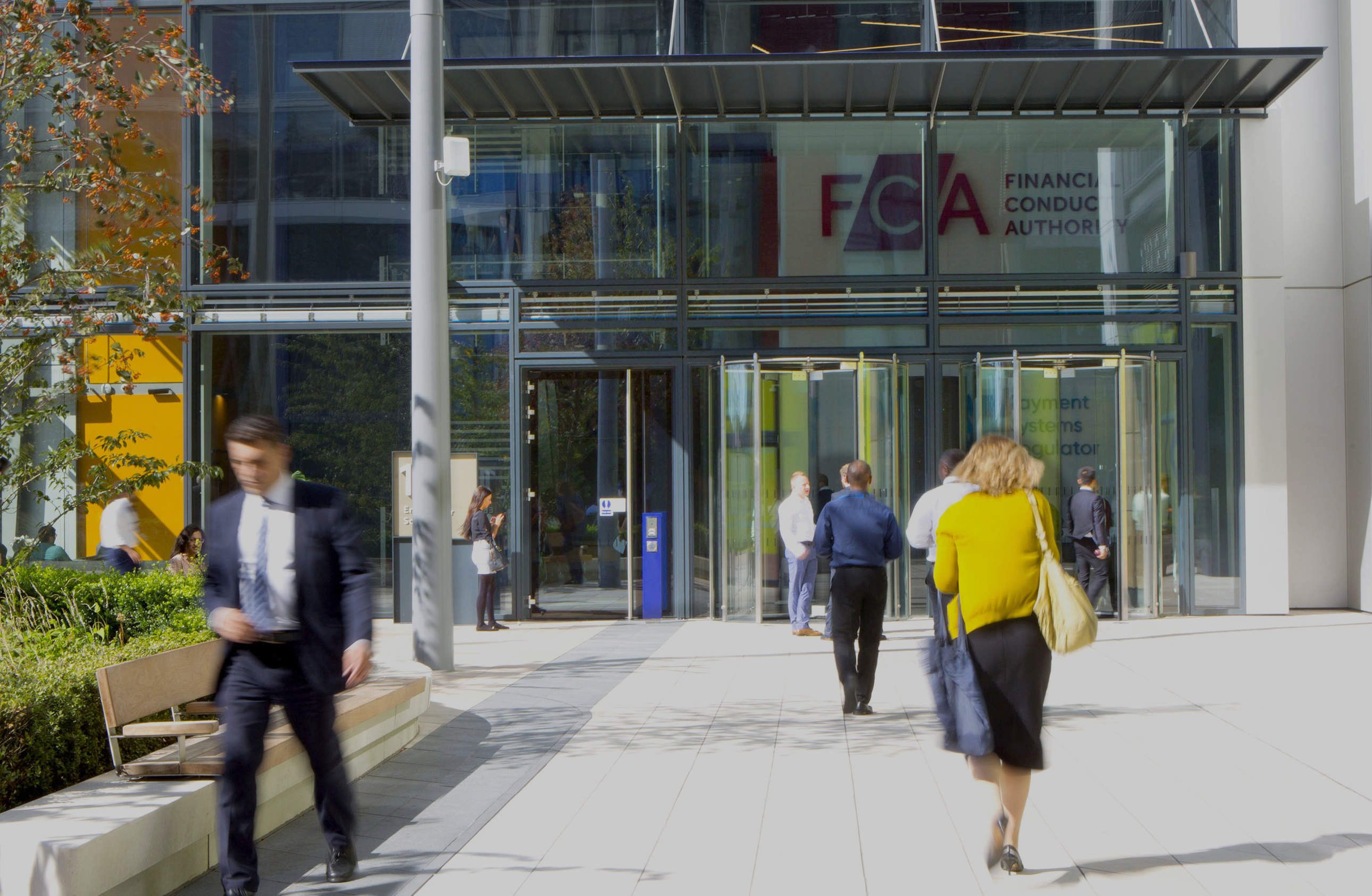
Consumer financial protection is a cornerstone to a functioning capitalist economy. The term is wide-reaching, and can include such concepts as ensuring single companies do not create a monopoly in a sector and regulation to prevent companies exploiting individuals through methods such as unnecessary fines and overcharging.
Case study: Consumer financial protection in the UK
In the United Kingdom the oversight of consumer financial protection is carried out by a range of government bodies, most notably the Financial Conduct Authority (FCA).
As part of its work the FCA has introduced reforms to an overdraft market described by the regulatory body as ”dysfunctional”. [link to the article where you got this]
According to the FCA, in one year alone firms made over £2.4bn from overdrafts alone, with around 30% from unarranged overdrafts. More than 50% of banks’ unarranged overdraft fees came from 1.5% of customers, with people living in deprived areas more likely to be impacted by these fees. In some cases, unarranged overdraft fees can be more than ten times as high as fees for payday loans.
Monopoly
Assessing whether companies have cornered and market and cannot facilitate fair competition, leading to inferior market conditions for consumers, is the Competition and Markets Authority (CMA).
As an example, credit score company Experian called off its proposed merger with ClearScore following concerns that the CMA would not approve the deal.
The £275m prospective deal was pulled on the grounds that it would not be passed, and the CMA released a statement that it was cancelling its investigation as a result.
How well do you really know your competitors?
Access the most comprehensive Company Profiles on the market, powered by GlobalData. Save hours of research. Gain competitive edge.

Thank you!
Your download email will arrive shortly
Not ready to buy yet? Download a free sample
We are confident about the unique quality of our Company Profiles. However, we want you to make the most beneficial decision for your business, so we offer a free sample that you can download by submitting the below form
By GlobalDataThe Ombudsman
Consumer financial protection can also apply to small businesses, with bodies such as The Financial Ombudsman (FOS) open to both.
The FOS has extended the maximum fine that financial services firms could pay to consumers and businesses, from the previous limit of £150,000 to £350,000.
The FCA has also confirmed both award limits will automatically be adjusted every year to ensure they keep pace with inflation.
Protecting small business and consumers
On a strictly governmental level, small business minister Kelly Tolhurst has announced plans to allow unrestricted access for SME invoice finance, with larger companies no longer able to block the practice through binding contract stipulations.
Under the new proposed laws, any such contractual restrictions entered into after 31 December 2018, with certain exceptions, would have no effect and could be disregarded by small businesses and finance providers, in a move intended to help stop larger businesses from abusing their market position.
Speaking at a first delegated legislation committee, Tolhurst said of current conditions: “Larger companies know that if they impose long payment terms or simply pay late, the imbalance of power means that their small suppliers are unlikely to act against them…These onerous terms prevent suppliers from assessing the finance they need to thrive and grow.”
Conclusion
The impact of consumer financial protection can be felt across a wide range of sectors, all overseen by the regulator, and legislated for by government. There are still many areas of finance that remain unregulated, and other areas that may still be seen as exploitative. However effective consumer protections are a balance between allowing markets to work effectively while protecting consumers from those acting against their best interests.






